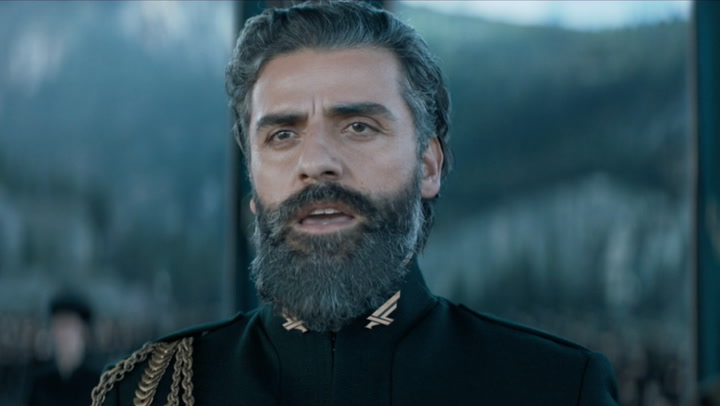
As we bid farewell to an eventful year that’s gifted us with no shortage of memorable moments, dazzling comebacks and pleasant surprises on the silver screen, it’s time to cap off an intense awards season with a ceremony most love to hate and others hate to love, but that it’s almost impossible to ignore altogether—the Oscars.
Given their heinous track record, it’s hard to blame casual viewers and fervid cinephiles alike for greeting the annual awards ceremony with jaded indifference—almost like the dentist appointment you reluctantly attend but have to get through every year. If anything, the Academy has more than earned its notorious reputation after making a yearly tradition out of ostracizing bright talents and daring releases in favor of the conventional and mediocre. Though the ceremony itself has waned in popularity throughout the last couple of years (hitting rock bottom in 2021 with their lowest ratings to date), it still poses as an accurate microcosm of Hollywood’s pompous narcissism—a night where celebrities boastfully parade in the red carpet while studio moguls and entertainment conglomerates all pat on their own backs by racking up the lion’s share of the accolades.
A lot has been said about the ethnic, cultural and popularity bias of the jury, along with some of the latest dumbfounding changes proposed by the Academy such as expanding the Best Picture shortlist to ten nominees (further diluting its prestige) or introducing a Best Popular Movie category (an idea which was quickly aborted). The numerous reports on current voters who under the guise of anonymity have admitted to watching only some of the eligible contenders haven’t helped the awards’ reputation either.
But for all the question marks over the integrity of the results, a Best Picture nomination is still regarded as a valuable recognition and a good indicator of mainstream reception. As with every edition, this year’s shortlist is overshadowed by some glaring omissions, including Palme D’Or winner (Titane), indie darlings (Red Rocket, The Green Knight) and two solid efforts from established auteurs (The French Dispatch and The Tragedy of Macbeth). Instead, we have to settle for a subpar blend of remakes, biopics and half-baked satires that, if anything, should make us more appreciative of the historical line-up we enjoyed just two years ago. Take this list as a guide aimed to help you navigate through the good and sort out the bad, a particularly useful aid in a year where the Academy’s proven unreliable once again. Without further ado, let’s go through every candidate for Best Motion Picture.
10. Don’t Look Up
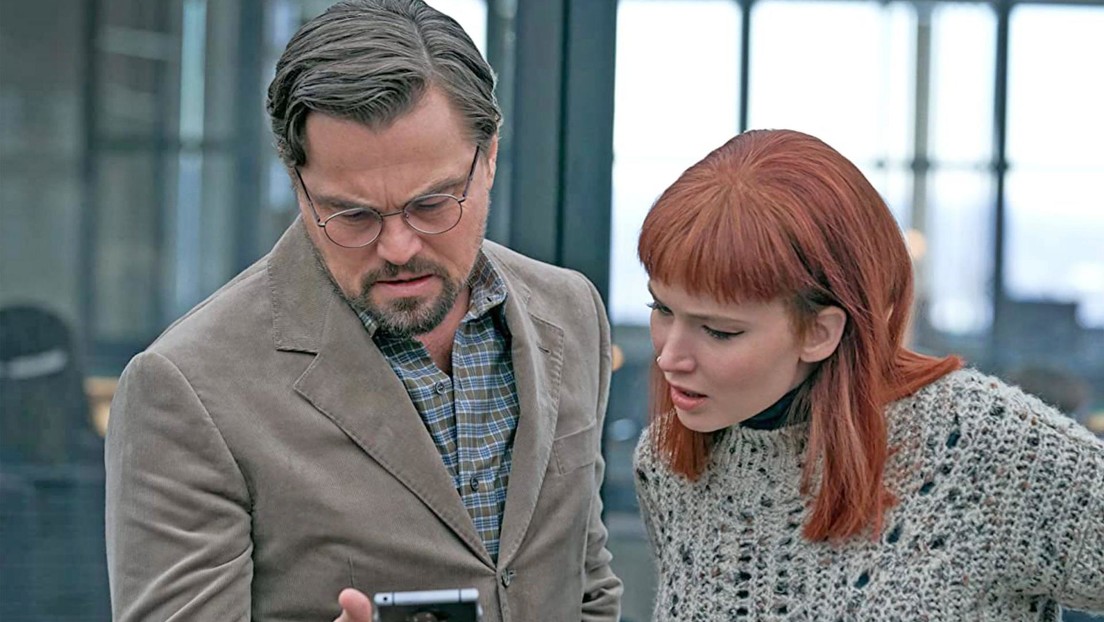
People who want to discredit the Academy are quick to point out some of the most jarring nominees we’ve gotten lately—Green Book, Bohemian Rhapsody, Joker, American Sniper…you name it. For the most part though, the biggest sin of these films has simply come down to being aggressively bland; easily disposable spectacles that leave your mind as soon as the credits start rolling. That’s not the case with Adam McKay’s farcical satire. Credit where credit is due, the film may be a train wreck of epic proportions—too obnoxious to be ironically enjoyed yet too out of depth to be taken seriously—but too inflammatory to be accused of being easily shrugged off.
Don’t Look Up follows two college astronomers who try to raise awareness of an extinction-level comet that is bound to collide with Earth. The film badly attempts to take a jab at the government and news media by running its trite premise to the ground and pushing its themes with the subtlety of a sledgehammer. As a comedy, it’s simply not funny; as a think piece, hardly insightful. But its worst undoing has to be the smug self-righteousness that beams through the entirety of its runtime. One would think McKay has come up with something of the stature of Sidney Lumet’s Network and not a Razzie frontrunner going by his exhausting pontificating.
The fact that Don’t Look Up’s script got past its first pitch meeting is head-scratching enough—that it sneaked its way into this shortlist further proof of how out of touch the Academy jury truly is.
9. Belfast
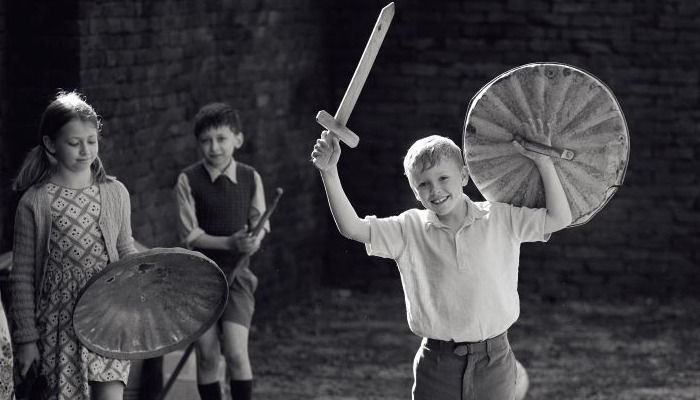
Kenneth Branagh’s film presents itself as a coming-of-age story set against a period of civil unrest and political strife in ’60s Northern Ireland as seen through the eyes of a 9-year-old Protestant boy. The film’s juicy historical backdrop offers hefty room to examine many of its social ramifications, but Branagh never delves too deep into the root of the conflict. Likewise, the family dynamics driving forward the bulk of the story leave a lot to be desired and can often register as clichéd and impersonal.
As the latest of a surging trend of movies that uses black-and-white cinematography as a visual gimmick rather than a mindful artistic choice, Belfast falls completely flat. The choice strikes as particularly shallow when pitched against superior films like The Tragedy of Macbeth, which deftly employs its monochrome imagery to evoke high-contrast shadows and hypnotizing close-ups.
Belfast’ acclaim feels undeserved when taking into consideration the far better semi-autobiographical accounts of childhood (Tree of Life, Boyhood, Mid90’s) and coming-of-age tales (The Florida Project, Petite Maman) we’ve gotten just within the past decade. The most commendable aspect of Branagh’s insipid awards-bait might be that it at least has the decency of holding us hostage just for little over ninety minutes, which is something to be thankful for these days.
8. West Side Story
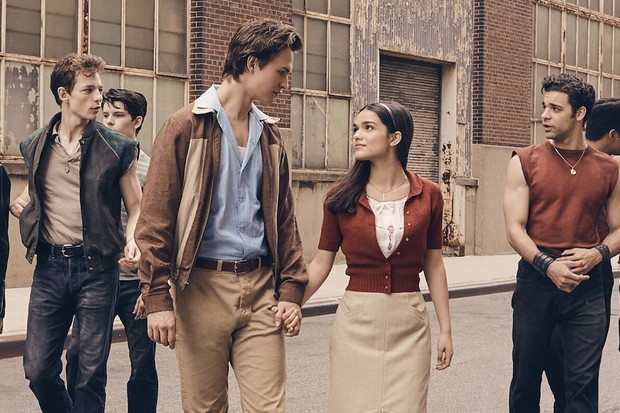
Apparently, not even his biggest box office flop to date can keep the Academy from honoring its perennial poster boy. Granted, Steven Spielberg’s remake of the 1961 Best Picture winner had probably earned a spot on this list long before wrapping production given the names attached and subject matter. Both versions of the musical examine class inequality and ethnic tensions in America through cross-cultural turf wars and an unlikely love affair doomed from its very conception.
On many fronts, the veteran director refines and improves upon the original—which isn’t that great to begin with—and brings all the gloss and pizzazz he could possibly muster. The lively choreography and intricate set pieces are all on point and pay dividends especially during the film’s operatic sequences. But in typical Spielberg fashion, his choices prove convincing but never daring, resulting in an old-fashioned extravaganza weighed down by its own grandiosity. His West Side Story is all bark and no bite, a sterile revival that seems to belong to the same time and era as its dated predecessor.
There’s no escaping the fact that this film was helmed by a 75-year-old senior citizen, and it feels every bit as one.
7. Nightmare Alley
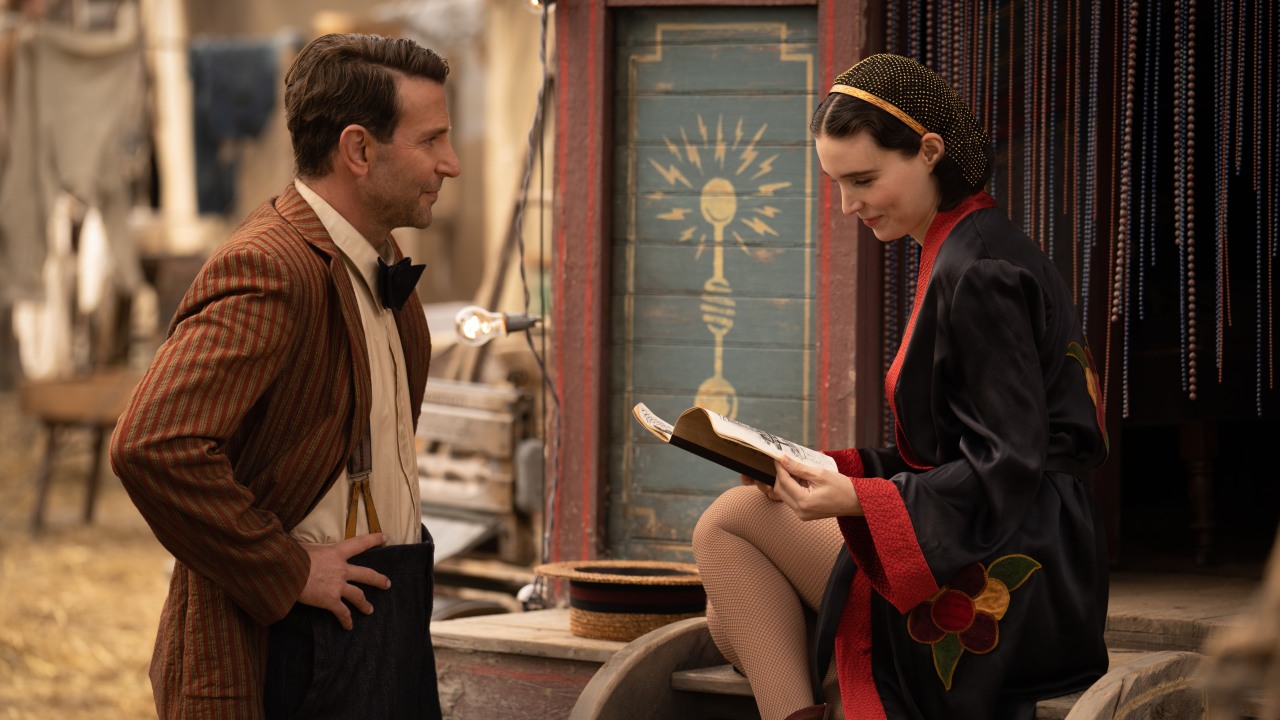
Unlike most of its fellow nominees, Guillermo del Toro’s latest endeavor offers, at its core, a compelling story worth telling. Nightmare Alley plunges into the past to chronicle the many mischiefs of Stanton Carlisle, a self-made con man with a knack for lucrative opportunities who earns a living by posing as a spiritual mentalist and monetizing his clientele’s despair. Del Toro conjures up the oneiric quality and moody atmosphere that we’ve grown to expect and makes good use of the star-studded talent at his disposal with solid performances all across the board.
The director also infuses his remake with the same wry cynicism that defined its source material. However, while the original 1947 film remains tightly-paced and focused—not to mention forty minutes lighter—Del Toro’s new rendition overstays its welcome and gradually loses steam during the second half. As a scathing examination of the seedy corruption hidden deep within society’s dark underbelly, Nightmare Alley passes with flying colors. It’s rather unfortunate that the film proceeds to fumble its intriguing framework with lackluster execution. There’s a solid 100-minute-long movie somewhere inside this bloated mess, nothing a few extra trims and editing sessions couldn’t have fixed.
6. King Richard
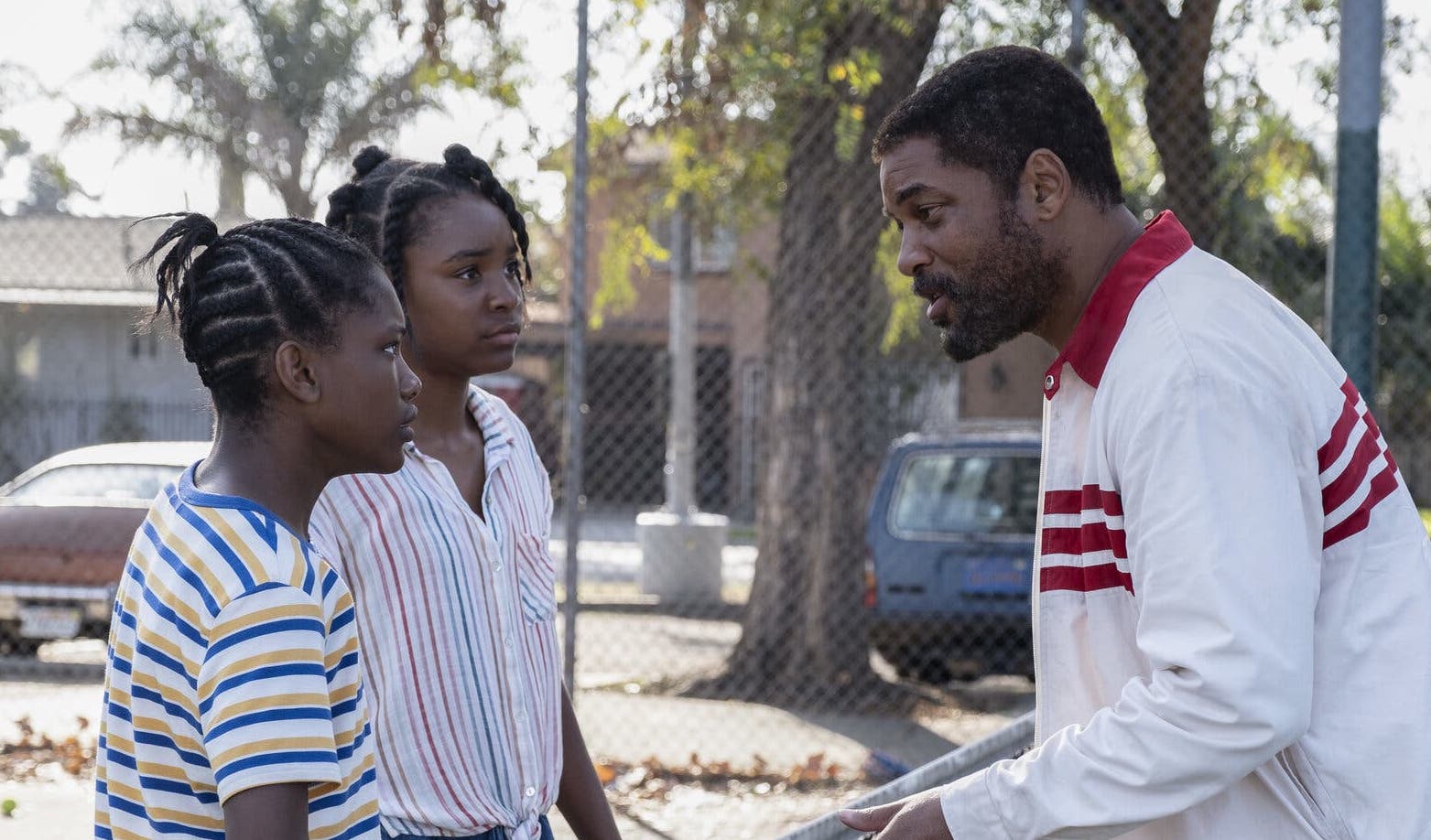
Everyone should strive to find someone in their lives who loves and cares for them the same way Hollywood cherishes biopics (mediocre ones at that). This awards race features dramatized portrayals of Princess Diana, Lucille Ball and Desi Arnaz, Jonathan Larson and the whole Gucci clan—and that’s going by this year alone. This nauseating trend shows no signs of slowing down, presumably based on the mere fact that it keeps yielding results and statuettes at a higher rate than arguably any other genre.
Though still bound to the same-old overused conventions, King Richard might be the most inspired of the bunch. The film recounts Venus and Serena Williams’ meteoric rise from gifted high-school prospects to the pantheon of professional tennis. The title alludes to the siblings’ father and mentor, who provides the pair with invaluable career opportunities despite their humble upbringing and instills in them with drive, commitment and unwavering faith. The film doesn’t break any new grounds but nevertheless serves as a welcomed showcase for Will Smith to shine—a surprising outing which may land him that ever-elusive Best Actor trophy.